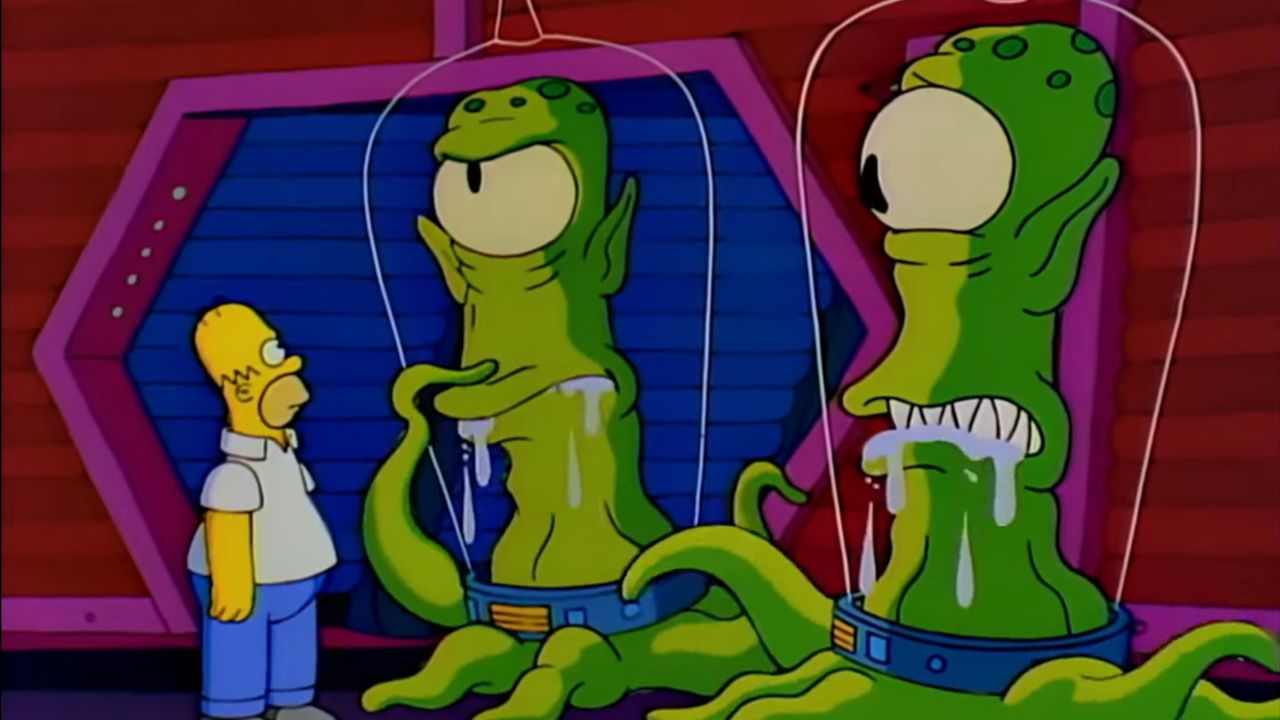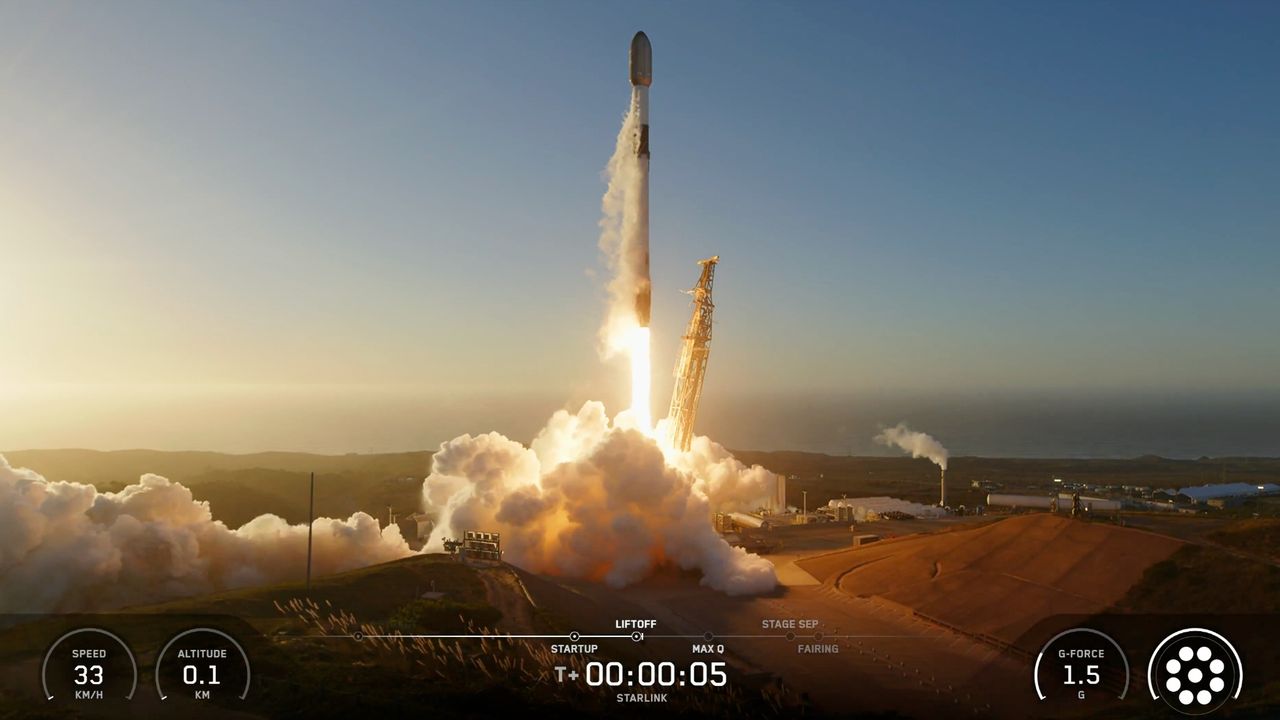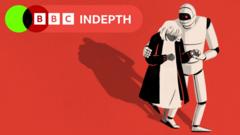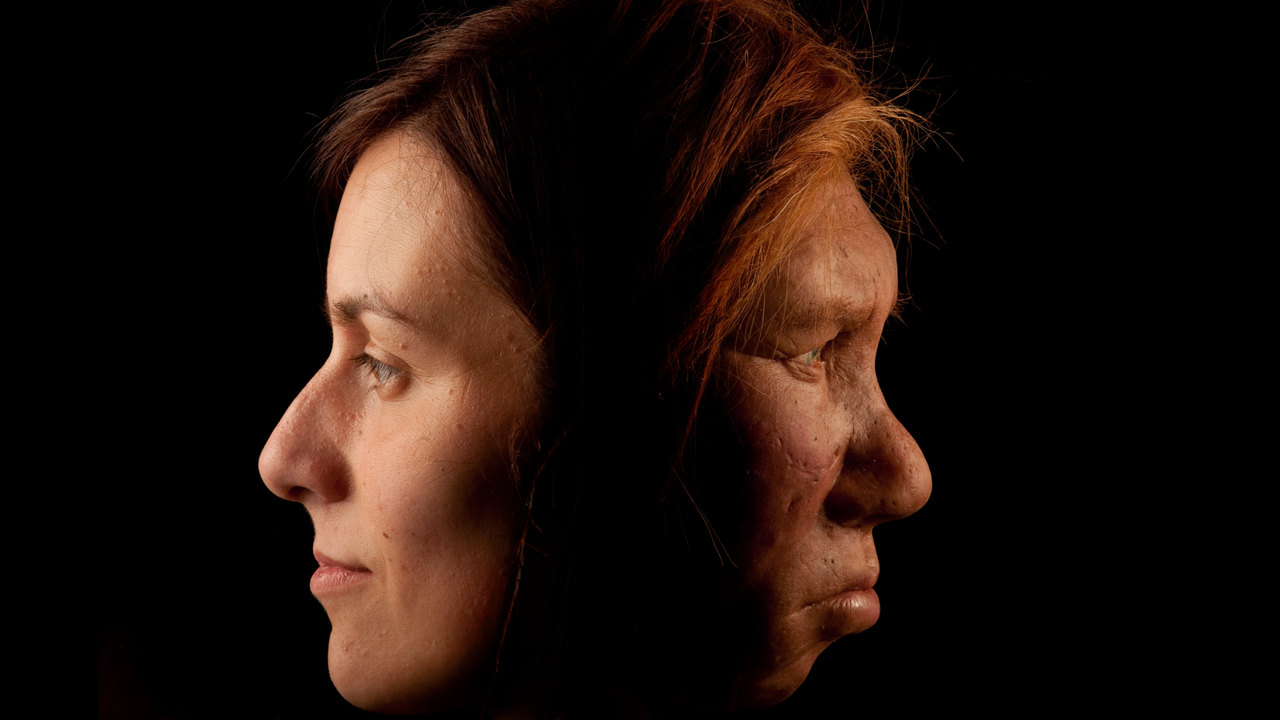30 years ago, 'The Simpsons' introduced us to Kang & Kodos, the series's iconic alien invaders
PositiveScience

Thirty years ago, 'The Simpsons' introduced audiences to Kang and Kodos, two iconic alien invaders who have become beloved characters in the series. Their memorable catchphrase, 'Don't blame me, I voted for Kodos,' has resonated with fans and reflects the show's sharp satire on politics and society. This anniversary not only celebrates their quirky charm but also highlights the show's enduring impact on pop culture and its ability to comment on real-world issues through humor.
— Curated by the World Pulse Now AI Editorial System





